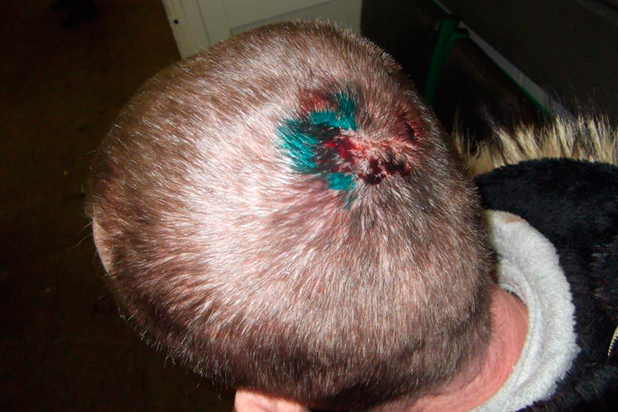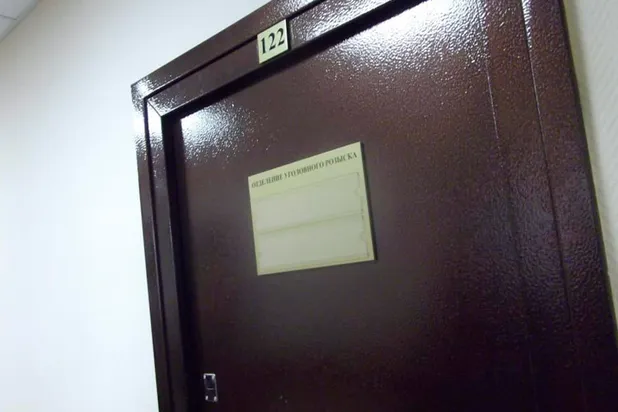Russian man claims a policeman beat him up because he’s gay

A 55-year-old Russian man claims a policeman beat him up because he’s gay.(Supplied)
A 55-year-old gay man has accused a police officer in Moscow, Russia, of punching and kicking him in the head.
The Russian man, identified as Valery in a statement sent to PinkNews by the Russian LGBT+ association Stimul, said he went to the Lublino police station in Moscow on November 28.
The man wanted to inquire why the authorities had looked for him at his place while he was not home—Valery had previously filed a report against his neighbour, who attacked him four years ago.
Valery was led to a room with two police officers. It is unclear what exactly happened next, but Valery said he suggested that one of the officers, who he remembers as having a beard, did not like gay people.
A local Russian newspaper report on the incident described Valery as having “unconventional sexual preferences.”
The officer in question allegedly punched him in the head while holding keys in his fist, and then pushed him outside of the room—in so doing, Valery lost his balance and fell to the floor.
Valery said the officer then kicked him even though blood was pouring out of his head injury. The man also says other officers passing by did nothing to help.

The Russian man said the police officer pushed him outside the room, causing him to lose his balance and fall to the floor. (Supplied)
The Russian man said he then called an ambulance and received treatment at a nearby hospital, where doctors also spotted bruises on his legs.
In a statement to Moscow-based newspaper Moskovskij Komsomolets, which described Valery as a landscape designer who lives with “his friend Andrew” and “does not hide his unconventional sexual preferences,” the authorities confirmed Valery’s presence at the Lublino police station.
Russian Police say the gay man hurt himself
They alleged Valery behaved “inadequately” and tried to “cause a scandal,” so he was asked to leave and calm down. According to the authorities’ statement, he then “fell to the floor and hit his head on the floor several times,” injuring himself. The authorities also claimed it was the policemen who called the ambulance for Valery.
Valery has filed a complaint denouncing the police officers’ actions to the Investigative Committee of Russia, the prosecutor’s office and the Department of Internal Security of the Ministry of Internal Affairs. A preliminary investigation was opened but, according to Valery’s attorney, no concrete action has yet been taken.
“Although more than 10 days have passed since Valery’s statement about the crime, employees of the Lublino investigation department are not in a hurry to interview even the victim,” says Stimul’s lawyer Anton Ryzhov, who has been following Valery’s case.
“Valery himself was invited only to the police officers of Internal Affairs, but only the Investigative Committee of Russia is legally responsible for conducting an effective and independent investigation against police officers. However, we still hope that, following the results of the procedural enquiry, a decision will be made to open a criminal case,” Ryzhov added.

